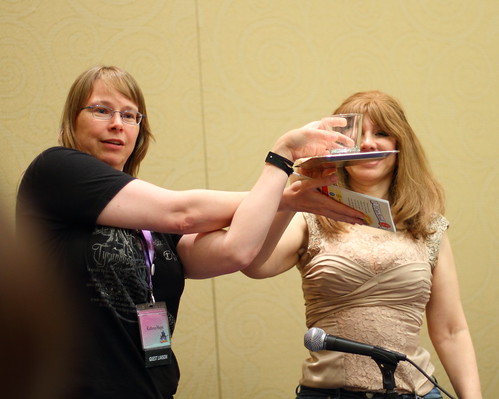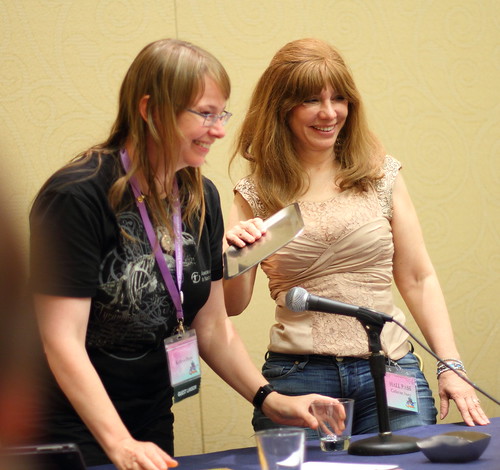“It’s been a horrible news cycle in the past several days, and the internet zeitgeist is loud and hostile, and while I generally am good at ignoring it, I wonder, sometimes, what we, as writers, owe the reality we observe. I want to write about the world as it is. I want to engage readers who are serious-minded enough to have come up with this work of sociological intensity, to think clearly and well, and to do the work of the future… but, sometimes it instead feels like I am wasting time writing little stories about little things like family and falling in love and other minor things.
ALL STORY IS LIFE. I totally believe that. All of life, is encapsulated in story. But, I want to write things that matter… and sometimes I wonder how we do that without writing totally heavy-minded stuff.”
(I ask you to forgive this self-indulgent post, as I am thrashing out some things in my head.)
I shared the above thoughts with a group of friends and writing associates this past week. Lest it sound as if I am feeling sorry for myself with my comment about “small stories,” let me explain that I am thinking not of my own stories specifically, but of the size of the Big Stories that are in the media right now. Race. Sexual orientation. Privacy. Class. Religion. Sex. Gender. Politics. And again, Race. These are the things that crop up in the headlines over and over. These are the things which are on the collective American mind. These are the things which… aren’t really showing up much in young adult and children’s lit. Except, when they do. And then, sometimes people panic.
It’s always funny to me to find out who else is on the same page as my brain. Kelly Jensen, librarian and one of the bloggers at Stacked recently wrote a piece for Book Riot called, “What Grown-ups Are Afraid of In YA. Basically, the upshot of what a lot of us are afraid of, she explains, is “reality.” When books get real and bring up those topics like class, religion, gender, and sex, not to mention religious discrimination, gender politics and sexual orientation, some people, who believe that opinions are things which should be told to young people and not allowed to develop organically – those folk get nervous.
Kelly gives a culturally relevant example of the idea of a YA novel being given a judgmental and erroneous response with Laurie Halse Anderson’s SPEAK. (Please note, I said “the idea” of the novel, not the book itself. It remains a murky point as to whether or not the objector has read the book. Because he will not answer a direct question to this point, most of us conclude, “no.”) The irony of this gentleman objecting to the material is that it is real – so real – and is the kind of writing I wonder if we’re not all called, in whatever genre, to do.

SPEAK, if you were not aware, is Laurie Halse Anderson’s first novel, published in 1999, and it’s both sarcastic and funny, deeply, deeply painful, and deeply moving. It’s about survival, it’s about a crime, and it’s about a girl surviving this crime against her person which has stolen her innocence, her agency, and her voice — and getting all of it back again, and beating the heck out of the odds. It’s a book that galvanized an entire generation of young women to stand up and speak the truths that silence on the topic of rape is not only dangerous, it is unacceptable. It was published a few years too late to be a high school book for me, but it nonetheless is, like so many other YA novels, is a very important book for helping navigate part of growing up.
As I mentioned before, this very real book, in a very real way, disturbs and confronts. The continued push back against this, and especially the most recent backlash continues to both astound and bewilder.
And yet: I understand the sincere desire for censorship.
You look worried! I know! It sounds crazy, but, I get it.
I know people – and grew up with people, lived with people, and worshiped with people for years – who believe that God made the world, gave it to adults, and then, gave the adults the charge to pass on a safety-netted version of that world to young adults, with all the edges padded and all the rough spots smoothed, so that they will not hurt themselves. These are parents who love the heck out of their children, and who want to control what information gets through to them, so that they can kind of control their children’s interface with the larger secular world, and control the type of person they become. While this view is rooted in love, it is in some ways a selfish love. It gives no credence to the opinions or the intelligence of the young people they’ve raised. Worse, it essentially shows an ultimate distrust in their God, because those parents who seek to control every aspect of their child’s life are in essence saying that maybe God cannot protect their children as well as their continued censorship might be able to do.

(Yeah. That’s not something about which I’d like to get into a discussion with, say, my father. It’s one thing to write that thought down. It’s another to let that thought past the thicket of belief in one’s own superior moral sense as a parent, in one’s responsibility to keep a child from perceived evil, and to raise them up to be Good, People With Moral Values – with a single, preset definition of “good,” “moral,” and “values,” of course. I know well that he and I – and maybe you and I – could argue all day about definitions, about actions, about what it is to keep a kid “safe,” etc., and we might never agree. But, I’m okay with that if you are.)
…which brings me back to my desire to write books with Big Stories. Stories which matter. Stories which change things. Stories which cause readers to think, and to care, and to …speak.
I know what I am risking, in this desire. I am risking having my work really criticized and spoken against by well-meaning people. I am risking being constantly misunderstood. I risk my version of what’s real or important being overlooked, in favor of pursuing the morality of discussing such a topic with young people at all. I am risking people utterly missing the point.
But, what am I risking, as both an author, and as a human being, if I don’t try to touch on the Big Stories at all?
“What I sense is this: You are telling stories that haven’t been largely told in the mainstream.
A black WWII woman veteran? A black cross-dressing Dad in an otherwise loving family? These are not small stories. You are making a dent in the majority culture’s collective sense of What Black People Are Like.
You are lighting candles instead of cursing the darkness (not to be clichéd about it).”
– A.
And, then, there are times when I throw a pebble out from my inner mind, and it ripples the waters of the world in a way which brings me back to my center.
What I consider to be little stories – or, tiny sparks against the dark – might not be. I might be working my way toward those Big Stories where I want to be, after all. The difficulty is to recognize that it’s all a work in progress, a balancing of my personality and my style of writing against the larger demands of what stories cause me to think, to react, to speak. I can only cause what matters to me to matter to others, just as someone who bears witness can only tell what they’ve seen.
I look forward to thinking and writing more on this question, and finding out where the little stories at the heart of the Big Stories might take me.





